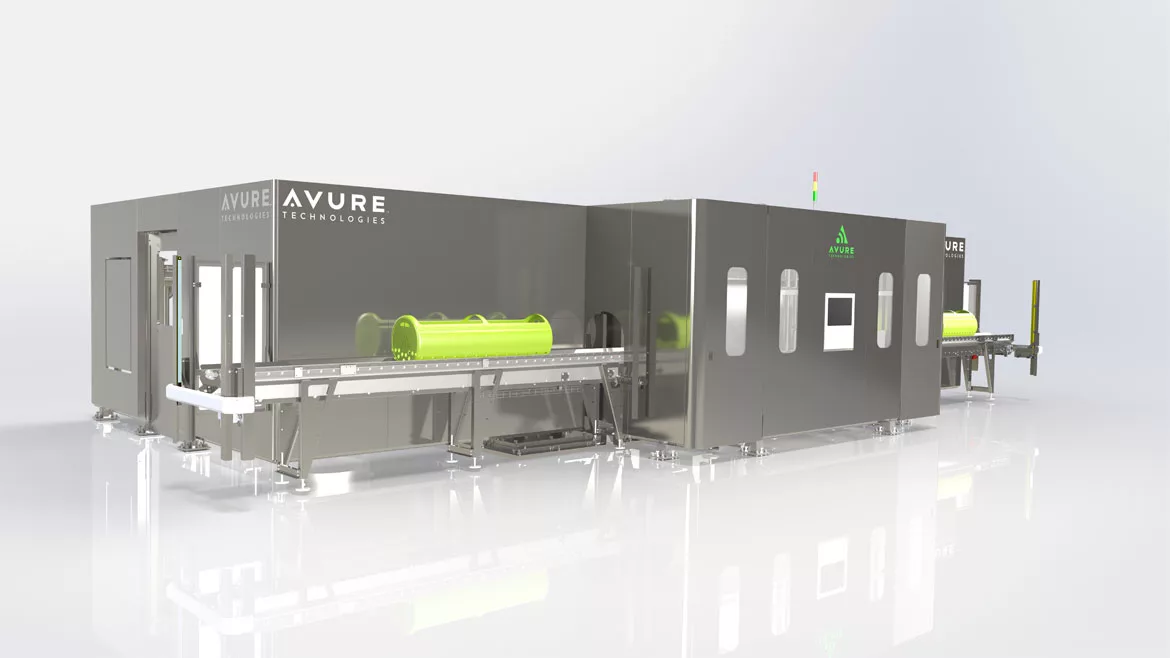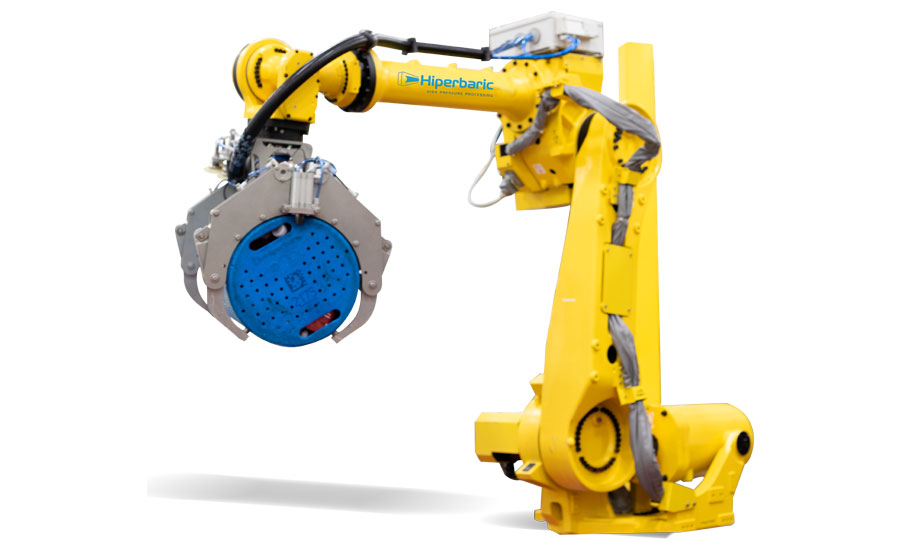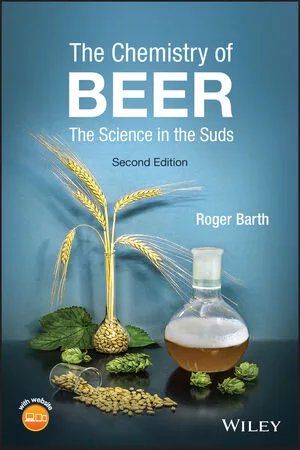Operations
High-pressure processing delivers quality, freshness to beverages
Opportunity for immune health brands with HPP technology

Image courtesy of JBTAvure
The hit Netflix show “Stranger Things” spotlights residents in an Indiana town in 1980s as they contend with a hostile alternate dimension known as the Upside Down. Although the townsfolks in “Stranger Things” are contending with the creatures from this fictional dimension, the new dimensions taking place in beverage processing are a welcomed newcomer.
In an effort to deliver safe, healthy fresh products, an increasing number of beverage-makers are turning to high-pressure processing (HPP) technology, experts note.
“High-pressure processing (HPP) continues to add a dimension of high quality and fresh products to the premium beverage channel,” says Tom Woodward, chief commercial officer at Universal Pure LLC, Lincoln, Neb. “HPP allows brands to extend the geographic reach of their healthy and premium positioned beverages. Not too many years ago, a fresh juice or vegetable-fruit juice blend only had a few days shelf-life. Today, with the integration of HPP into juice production, brands can significantly extend the shelf-life of their products, and reach new markets.”
Dr. Errol Raghubeer, senior vice president of HPP at JBTAvure, Middletown, Ohio, also touts the benefits that HPP has delivered beverage manufacturers.
“The nutritional and quality benefits of HPP beverages are well known by beverage processors,” Raghubeer says. “HPP satisfies regulatory requirements and afford processors extended shelf-life to reach wider markets. Tradeshows, industry magazines and targeted webinars by HPP equipment manufacturers are very effective in showing the benefits of HPP beverages, which are driven by consumers demands for healthy, fresher tasting products.”
Roberto Peregrina, USA Director at Hiperbaric USA, Miami, explains that the efficacy of HPP is supported by decades of research.
“High pressure processing (HPP) technology is an innovative technology recognized by food safety agencies worldwide,” he says. “Thanks to the three decades of international research and application, this technology has positioned itself as the most effective solution for preserving beverages. HPP helps beverages maintain nutritional integrity and taste and extends shelf-life without the need for preservatives or thermal pasteurization.”
As such, the beverage market has some early adopters that have capitalized on the benefits of HPP.
“For example, Evolution Fresh, a leader in the cold-pressed juice space, has been using the HPP process for 12 years through its partnership with Hiperbaric, an HPP equipment manufacturer,” Peregrina says. “The company owns five Hiperbaric 420 machines processing 1,000 gallons of juice per hour. The HPP process enables fresh quality, clean label and shelf-life expansion from three to five days to 55-plus days, without preservatives, allowing expanded distribution to all its Starbucks stores and grocery distribution channels.”
Universal Pure’s Woodward notes that as HPP has matured, more beverage brands are able to embrace the processing technology.
“HPP is available to more brands today than ever before,” he says. “For example, at Universal Pure, we have seven facilities spanning the United States. Our integrated blending, bottling and HPP facilities are designed to support existing and emerging brands, so they can focus delivering great tasting, healthy and safe products to retailers and consumers across the country.”

Image courtesy of Hiperbaric USA
JBTAvure’s Raghubeer highlights that the adoption of HPP technology can be seen on a global scale and across a varying degree of company sizes.
“[The] HPP beverage category is increasing globally, particularly in Asia and Europe,” he says. “Initially, several smaller companies were producing premium quality HPP beverages making use of the growing number of HPP service providers to get their products to the market without the large capital cost of ownership of HPP systems. Many of these small producers have been purchased by larger beverage companies fueling the expansion of HPP beverages.”
Next steps
As processing advancements have helped further HPP’s status within the beverage market, suppliers tout the new opportunities on the horizon.
“The market for innovative health-focus beverages are in the probiotic and immune boosting categories,” Raghubeer says. “Beverage health shots with known functional ingredients to improve immunity and maintain gut health are some of the recent HPP products in the market.
“On the processing side, HPP equipment manufacturers are developing systems to increase volume throughput by processing in bulk followed by post process filling,” he continues. “Systems such as the JBT-Avure FlexiBulk give manufacturers the flexibility to either process products in bulk with post process filling or processing of pre-packaged products. Bulk processing not only increase product throughput but allows processors to package in eco-friendly packaging materials such as glass. Larger volumes per HPP cycle with the FlexiBulk system also reduces the cost of HPP production since more products are processed per HPP cycle.”
Hiperbaric’s Peregrina also touts HPP bulk technology’s future in beverage as well as HPP automation for in-pack technology, which can automate the mostly manual HPP process through robotic arms and other equipment.
“HPP technology automation addresses many of today’s production challenges by increasing production line speed and efficiency, improving safety, reducing labor costs and injuries, and delivering accountability,” he says.
As beverage manufacturers look to the future of processing, HPP suppliers are helping ensure they can fulfill those need states.
Looking for a reprint of this article?
From high-res PDFs to custom plaques, order your copy today!







